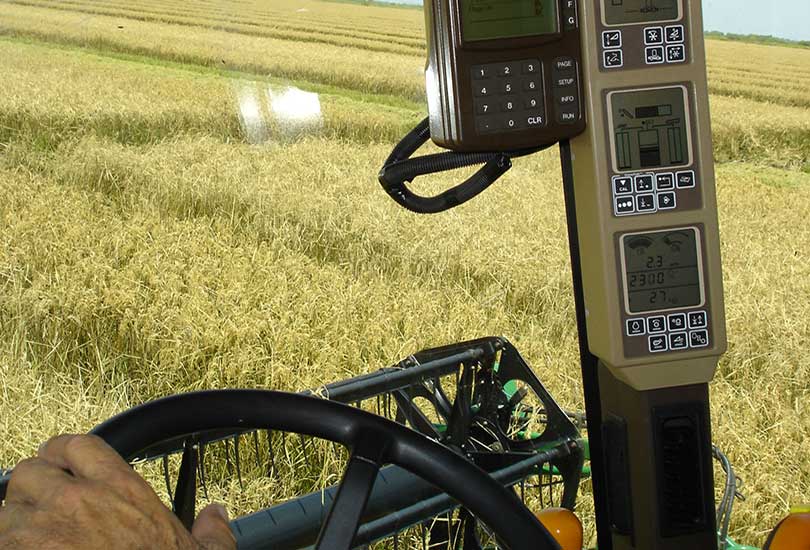Two pioneers in agricultural big data—the Ag Data Coalition and the Grower Information Services Cooperative—have merged their technology repositories.
Last week’s announcement by two of the largest efforts to develop a secure data repository for farmers’ agronomic data represents a monumental development in precision agriculture.
The merger will provide the opportunity for the power of big data in agriculture to be firmly in the hands of America’s farmers, said Zippy Duvall, president of the American Farm Bureau Federation.
“These kinds of revolutionary changes in agriculture are rare, and this merger provides farmers the kind of certainty and security they have been seeking when it comes to agronomic data management,” Duvall said in a news release.
While the data repositories developed by each group are similar, integration of the two will bring the best of both worlds to one project. Principals from each group anticipate the merged database will be ready to store and manage data beginning after this spring’s planting season.
“Almost four years ago, our members requested we become far more involved in the precision ag/big data issue,” Duvall said. “They were adamant about the benefits of the use of precision agriculture and data on their farms and ranches. Virtually all of them highlighted the benefits of more and better information for better business decisions, increasing crop yields, increasing operational efficiency and lowering input costs.”
However, a 2014 AFBF survey showed that 64 percent of respondents said they were skeptical or fearful about the misuse of their proprietary data by third parties.
Farmers said they wanted greater transparency as well as more ways to deal with issues such as personal control of their own data, data security, data portability, data storage and availability and data privacy.
That was when AFBF joined forces with other groups to form the Agricultural Data Coalition (ADC). At the same time ADC was working to form a secure repository, the Grower Information Services Cooperative launched a similar effort. Both groups viewed a secure data repository for farmers’ agronomic data as the key to mitigating farmers’ concerns over data management, portability and security.
Both groups believed data repositories should function as cooperatives led by farmers and, potentially, service providers. Now, the groups will share more than just beliefs.
In an effort to bring transparency to ag technology, a new website, agdatatransparent.com, was launched. The website was designed to help farmers understand how their ag data is used when signing up with technology providers to use precision agriculture products.
AFBF was instrumental in getting the Evaluator off the ground. AFBF has hosted the organization’s webpage since the Ag Data Transparency Evaluator was launched at Commodity Classic in 2016.
The Evaluator analyzes contract terms and conditions based on a set of 10 questions. These allow farmers and ranchers to quickly and easily determine the answers to many concerns they have about their farm data.
Products that go through the evaluator and are determined to meet the criteria established by the data principles will receive a seal, certifying that they are “Ag Data Transparent.”
The tool allows farmers to make smarter decisions about the data partners they work with in on their operations.

